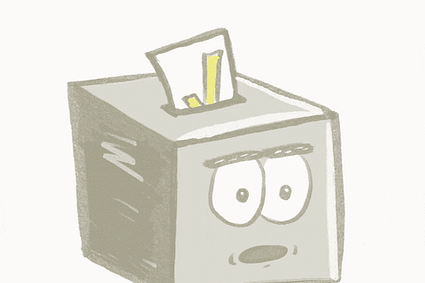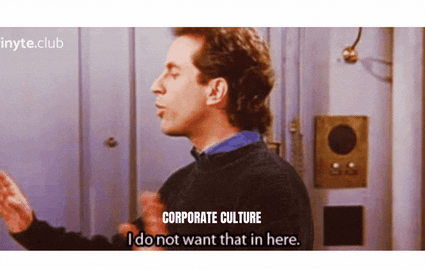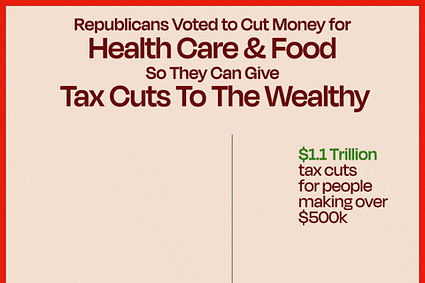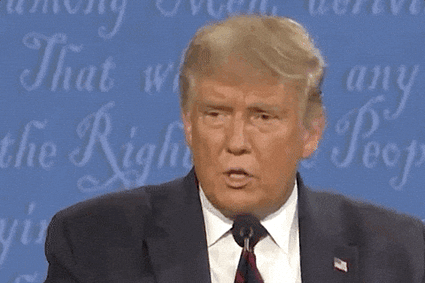
Hey folks, lowering the company tax rate is not going to stimulate investment and increased productivity. For a starter, companies are going to spend money on AI, which is going to mean less jobs and more unemployment. Yes, that can look good on productivity figures because less workers producing more stuff is what that graph is all about. It is not going to be so great for the retrenched workers, however, and don’t give me that crap about them getting re-employed elsewhere. This takes time and the data tells us that these workers never recover the level of income they were previously on. They will just be collateral economic damage on the way to a more productive economy. Who cares about actual people when there is an economic data graph at stake?
AI Replacing The Workforce & The Missing Income Tax
Who is going to pay tax, when companies are paying less tax and a third of them don’t pay any tax at all? Good old workers via income tax. But hang on we just sacked them and replaced them with AI, woops. Yes, productivity is looking much better but there are a few loose ends. Oh yeah, like who is going to buy what we make when so many folk have lost their jobs? Leaving everything to the market is like having one eye permanently closed and not seeing what is going on over there. If governments don’t grow some courage and get back in the game of actually governing we are in trouble.

“A boom in taxes on personal income, businesses and property fuelled a record $802 billion tax collection by all levels of government combined last financial year. The average amount of tax per Australian was the highest ever at $29,751, with almost one in three dollars in economic activity directed to government revenue coffers, Australian Bureau of Statistics data show.”
“Large companies paid the Australian government a record A$100 billion in tax in the last year, a 17% increase on the previous year. But, over the same period, there were still 31% of large companies, operating here but not paying any tax.”
“But what about in Australia? If company tax cuts are good for workers you’d expect that since the peak of company tax rates at 49% in 1986 to their current low of 30% you’d have seen wages increase. Instead what we see is that, as a share of our gross domestic product, wages have fallen by 13%.
When people talk about GDP what they’re talking about is ‘the pie’; everything in the whole economy that was bought and sold in a year; all the ‘economic’ activity, including wages. So despite a 19% decrease in the company tax rate, workers share of ‘the pie’ has declined by 13%.”
The reality is that business has never been in more thrall to their shareholders and less enamoured with their workers and customers. It is all about returns on investment for these overpaid CEOs and their complicit boards. We live in a time of the greatest concentration of corporate power and bugger all actual competition in markets. Australian consumers have little choice in these oligopolistic and monopolistic controlled sectors. Coles and Woolies, the big 4 banks, Telstra or Optus, insurance companies owned by a few big players, News Corp or Nine Fairfax, the same shops in every Westfield mall, PwC, KPMG, Ey, – mergers and takeovers have eaten up any real competition. This is why we had price gouging during the high inflationary cost of living crisis downunder. These big companies are about to invest heavily in AI and layoff workers in ever greater numbers. Lowering the company tax rate is not going to help the workers.

“The ABC has reported that the Macquarie Group through its Next Payment’s ATMs is profiting from the black market tobacco trade in Australia. This multibillion dollar trade downunder is fuelling gang war slayings and making the nation a much more unsafe place. Macquarie bank raking in black market tobacco profits. Yet another loophole exists for criminals to launder their ill gotten gains in Australia – through private ATM machines. You get the strongest sense that authorities are not serious about stopping such things when they continue to allow flagrant violations by banks.”
Robert Sudha Hamilton is the author of Money Matters and America Matters: Pre-apocalyptic Posts & Essays in the Shadow of Trump.
©WordsForWeb



























